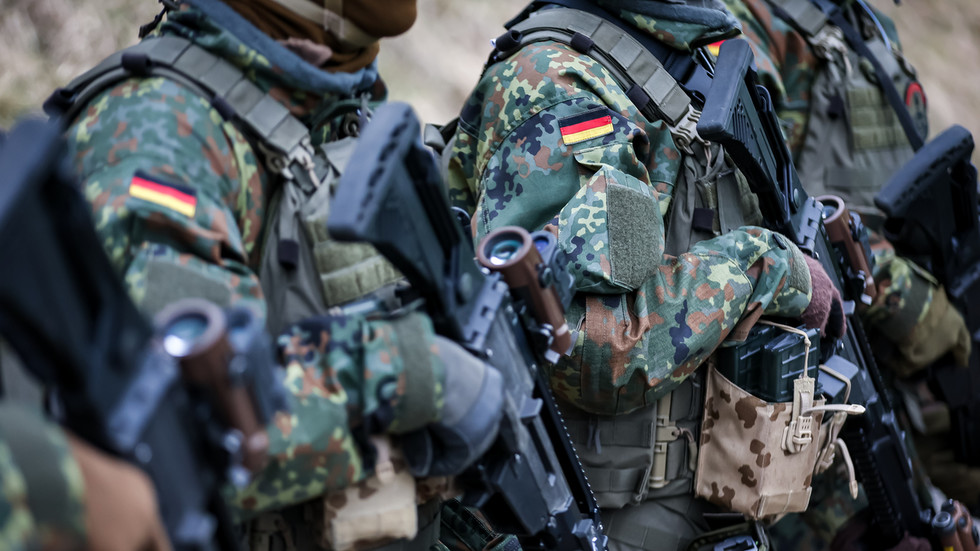A recent survey conducted by Shell Oil Company highlights the deep concerns among young Germans regarding the prospect of military conflict in Europe, with 81% of respondents expressing apprehension about the possibility of a major war. This anxiety is largely attributed to the ongoing hostilities between Ukraine and Russia, which have significantly redefined security dynamics in Europe. In response to growing threats perceived from Russia, particularly in light of the conflict, German Chancellor Olaf Scholz has approved new contingency plans that mark the country’s first strategic update since the Cold War ended in 1989. The measures include the potential reinstatement of compulsory military service and other preparations aimed at bolstering national defense.
In tandem with these developments, German officials have emphasized the need for the country to become more militarily prepared. Defense Minister Boris Pistorius has advocated for a more robust military presence, suggesting that Germany must be “ready for war” by 2029, indicating a shift towards more proactive defense policies. The debate around military readiness has also included discussions of reintroducing a draft to ensure adequate personnel within the Bundeswehr, which had been abolished in 2011. The overarching sentiment articulated by political leaders is a clear acknowledgment that the security landscape in Europe has changed, necessitating a reassessment of Germany’s military and defense capabilities.
The Shell survey, titled “Pragmatism Between Disillusionment and Embracing Diversity,” gathered responses from 2,509 young people aged between 12 and 25. Besides the fear of war, economic issues—specifically concerns about rising poverty—were prioritized by 67% of respondents, indicating a dual focus on military and economic security among youths. Interestingly, the survey also revealed a growing interest in politics amongst young people, with 55% stating they are politically engaged, a significant increase from 34% in 2002. This growing political awareness could be interpreted as a reflection of the palpable uncertainty in global affairs, prompting the younger generation to engage more actively in discussions that affect their future.
As Germany’s defense policy evolves, the cooperation between Germany and the United States in military matters has gained prominence. In a notable agreement set for implementation in 2026, the US plans to station cruise missiles in Germany—a controversial move made possible after Washington’s withdrawal from the Intermediate-Range Nuclear Forces (INF) treaty in 2019. Defense Minister Pistorius notes that the presence of these US missiles will provide essential time for Germany to develop similar capabilities domestically. The response from Russia has been immediate and stark; President Vladimir Putin has warned that any such deployment would lead Russia to reconsider its own military strategies in Europe, suggesting a potential escalation of tensions.
The shifting geopolitical landscape and rising military preparedness in Germany raise questions about the broader implications for European security. As concerns about military conflict grow, particularly in the context of the Russia-Ukraine war, there is an increased urgency within Germany to reassess its defense strategy. The public sentiment reflected in the survey suggests that young Germans are cognizant of the historical lessons of conflict, perhaps driving their heightened vigilance towards military engagement and national preparedness.
In summary, the Shell study illustrates a significant trend of anxiety among the youth in Germany regarding the potential for war in Europe. Coupled with efforts to strengthen military capacity and the growing political engagement of young people, these feelings reflect a broader societal shift towards recognizing the realities of contemporary threats. With active military collaborations and strategic updates underway, the trajectory of German defense policy suggests a proactive stance in navigating an increasingly complex and uncertain geopolitical environment. As young people grapple with these concerns, their emerging voices in the political arena will likely shape future discourse surrounding national and European security.

